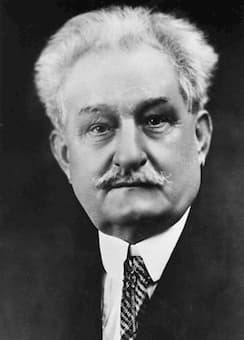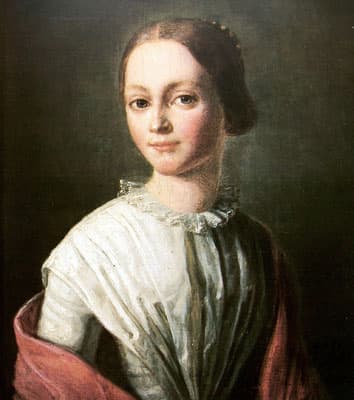Jess Dandy: mezzo-soprano, Julius Drake: piano
16 November 2020: Janáček

Leoš Janáček
This concert will be live streamed on the Wigmore Hall website in HD, and all concerts in the Autumn Series will be available on demand for 30 days after the date of the concert. This generous gesture, which is offered free of charge (though the hall welcomes donations from viewers), will enable thousands of people around the world to enjoy fine music-making from London’s premier chamber music venue. For full details, please visit the Wigmore Hall’s website.
Lines from a diary appear in a newspaper in May 1916, supposedly written by a peasant boy who had fallen in love with a gypsy girl and wanted to leave everything behind to begin a new life in a new country with her and their child. The verses were entitled “From the Pen of the Self-Taught Writer.”
It wasn’t until the end of the 20th century that the poet, Ozef Kalda (1871-1921) was identified. In the meanwhile, the Czech composer Leoš Janáček (1854-1928) had clipped the text and then began setting them to music in summer 1917. In 1919, he finished the work, revised it, and it received its premiere in 1921.

Nicky Spence
The ‘diary’ was written in a Moravian dialect and tells the story of Jan (or Janiček in its diminutive form) and his love for Žofka. The tenor and contralto take on the two characters, and for Janáček, this story of a man who would leave all behind for his love for a woman, raised echoes in his own mind. Janáček met Kamila Stösslová in 1917 and, although some 40 years her elder and despite the fact that they both were married to other people, he fell deeply in love with her. Kamila’s husband was in the army and rarely home, so Janáček could spend time with Kamila. She was the inspiration for him during his final decade and in writing to her about this song cycle, he said that the “gipsy girl in my Diary of One Who Disappeared – that was you. That’s why there’s so much emotional fire in the work… And all through the work I thought of you! You were my Žofka.” Much of Janáček’s obsessional love for Kamila comes through in this work, written so early in his desire for her.
Leoš Janacek: Zapisnik zmizeleho (The Diary of One who Disappeared), JW V/12 – No. 1. Potkal jsem mladou ciganku (I met a young gypsy girl) (Ian Bostridge, tenor; Thomas Adès, piano)

Jessica Dandy
Janáček wrote Kamila over 700 letters, and in the final year of his life, he wrote to her daily. She never reciprocated and remained ‘emotionally aloof’ but yet was with him when he died in 1928.

Julius Drake
The Diary open with the farmer seeing the gypsy girl. She looks at him and he is lost – how he can’t sleep, he can’t plough, he sees her headscarf everywhere. She sings and the song enters his heart. They consummate their love in the forest and a small child is born. He wants to escape his life and go with her “Because I want nothing for all eternity but love.” In the end, he bids farewell to all because Žofka is waiting him, ‘my son in her arms’ and there is no way back.
It’s an immensely strong song cycle and will be performed on 16 November at Wigmore Hall by Scottish tenor Nicky Spence with pianist Julius Drake, and mezzo-soprano Jessica Dandy. The 22 songs of the cycle build to the final song where Jan decides on his future, putting his life behind him and turning his face to his love.
Leoš Janacek: Zapisnik zmizeleho (The Diary of One who Disappeared), JW V/12 – No. 22. S Bohem, rodny kraju (Farewell, my own country) (Ian Bostridge, tenor; Thomas Adès, piano)
For more of the best in classical music, sign up to our E-Newsletter







